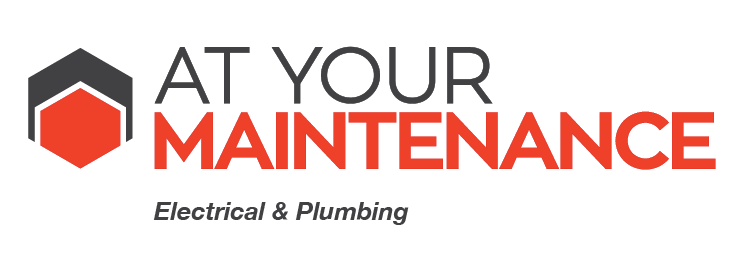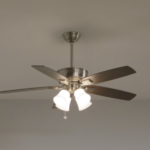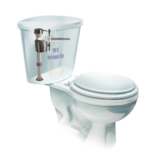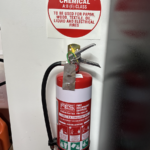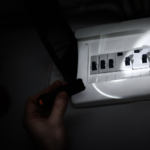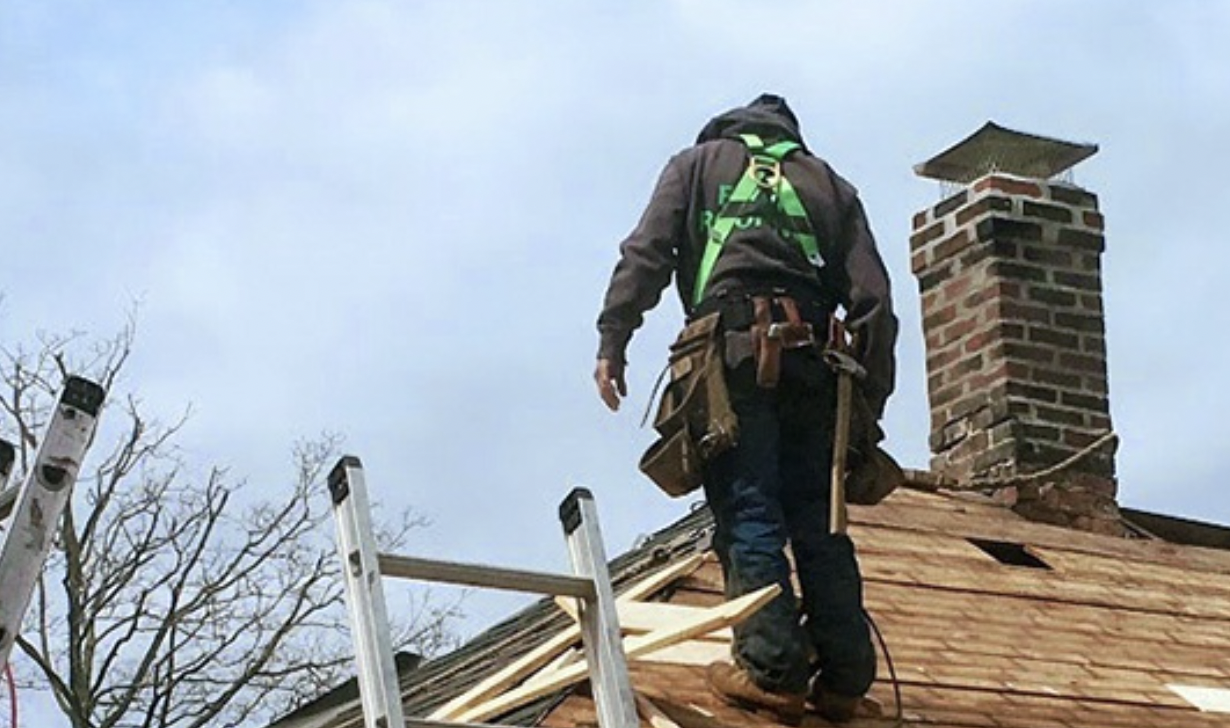
Have you ever wondered what a roof plumber is, and what they do? Surely there is not plumbing on a roof, but just in the walls and underground? We have all the info for you on roofing plumbers.
If you’re embarking on a new construction project or simply renovating, you might find it helpful to have a brief overview of roof plumbing. Your roof plays a crucial role in shielding you from rain and sunlight, making it essential to understand its plumbing components and maintenance.
We will explain what roof plumbing entails, the various components of a roof plumbing system, the reasons for hiring a roof plumber, and some insight into what the career of a roof plumber looks like. Roof plumbing deals with a range of tasks, including renovations, installations, repairs, and alterations. Its primary purpose is to safeguard your roof from water damage to ensure the safety and peace of mind that you have a reliable roof over your head.
What Is The Role Of A Roof Plumber?
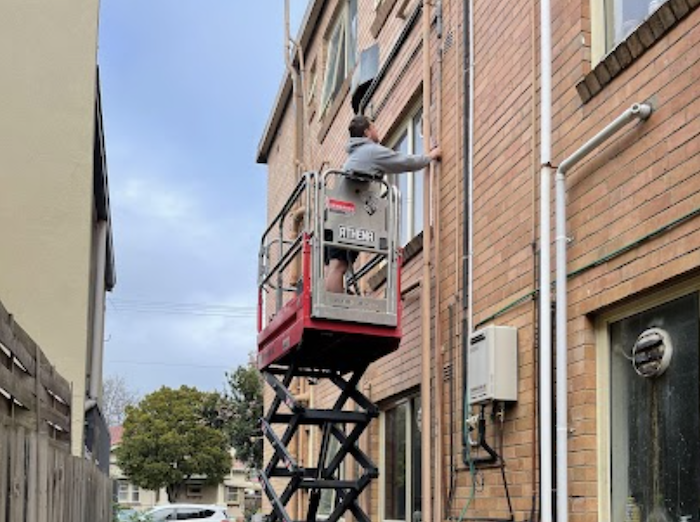
You may be wondering, What actually is a roof plumber?
A roof plumber is a skilled professional specialising in tasks such as ;
Roof plumbers may also be referred to as metal roof plumbers or steel plumbers.
Understanding the Difference Between Roof Plumbing and Standard Plumbing
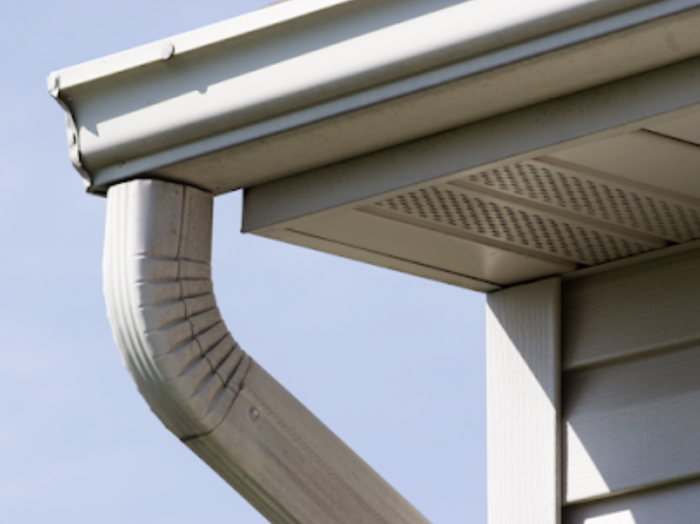
Although sounding similar, the differences lie in what they work on and the location of work. Plumbing deals with indoor water supply and drainage systems such as bathrooms, kitchens and laundries.
Roof plumbing focuses on the exterior components of a building’s water management system, primarily concerning the roof and associated structures.
You often find roof plumbers handling tasks such as;
- Gutters
- Downpipes
- Roof flashing,
- Rainwater tanks
- Gutters
The training required for a roof plumber differs from that of a typical plumber. A roof plumber undergoes more specialised training, including instruction in working at heights and dealing with stormwater.
What Are The Consequences Of Stagnant Roof Water On Your Home?
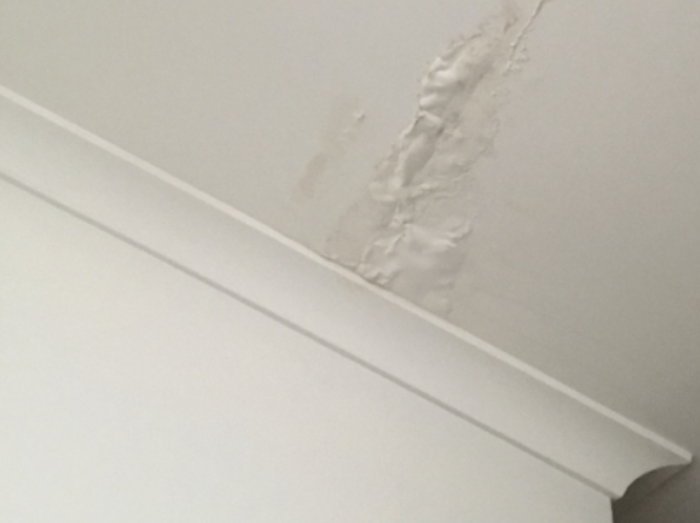
Stagnant water can not only threaten the structure of your metal roof, but it can also threaten your home. How?
- water damage
- roof leaks
- mould growth
- structural damage
- pest infestation
- landscaping damage
It’s important that stagnant roof water is dealt with quickly to avoid problems and keep your home safe. Regular upkeep, good drainage, and fixing issues promptly can help reduce the risks linked to standing water on your roof.
What Components Make Up A Roof Plumbing System?
Gutters
Gutters are the Channels along the edge of the roof that collects rainwater and direct it away from the building. it should not be blocked by debris. Such a situation can lead to poor water drainage. Typically, you should clean your roof gutters at least once a year.
Gutter Downpipes
Vertical pipes are connected to the gutters that carry rainwater from the roof to the ground or drainage system. This helps ensure less water ends up in the ground near your home.
Roof Flashing
Whenever a roof is put in place, between roofing water can get in through the gaps no matter how narrow they are. The effects of seeping water on the roof and home are costly and damaging. Roof flashing is usually thin pieces of metal that direct the water away from these critical areas.
Roof covering
Materials such as metal, tiles, or shingles form the outer layer of the roof and provide protection from the weather.
Rainwater tanks
Containers are used to collect and store rainwater for various purposes, such as irrigation or non-potable water use.
Wondering When You Might Need A Roof Plumber?
Here are some general reasons as to why you would need to call a roof plumber.
New Building/Roofing Projects
A roof plumber can help you prepare a plan and construct new buildings or roofing projects. This would include helping you determine the materials, structures needed and proper procedures to ensure a flawless installation.
Roof Leak Repair: If you notice water stains on your ceiling or walls, it could indicate a leaky roof that needs immediate attention from a roof plumber.
Gutter Maintenance: Regular maintenance of gutters is essential to ensure proper water drainage from the roof. A roof plumber can clean and repair gutters to prevent blockages and overflow. Household gutters should ideally be checked annually.
Installation of Roofing Components: If you’re installing a new roof or replacing certain roofing components like gutters, downpipes, or roof flashing, a roof plumber can ensure proper installation to prevent future issues.
Storm Damage Repair: Severe weather conditions such as storms or heavy winds can damage roof components. A roof plumber can assess and repair any damage caused by these events.
Roof Inspection: Periodic roof inspections by a roof plumber can help identify potential issues early on, allowing for timely repairs and maintenance to prevent more significant problems in the future.
Rainwater Harvesting Systems: If you’re interested in installing a rainwater harvesting system to collect and store rainwater for household use, a roof plumber can design and install the necessary components, such as rainwater tanks and filtration systems.
Signs Of Poor Roof Plumbing
Having below-standard roof plumbing or poor metal roof installation in your home is something to avoid. Consider the potential consequences: water seepage into your ceiling, and blockage in roof gutters, leading to eventual internal or structural damage. Furthermore, it could disrupt the water drainage system.
The following are some signs of a roof plumbing problem:
Leaks: Water stains or drips on ceilings, walls, or around windows could indicate leaking roof plumbing.
Overflowing Gutters: If gutters are consistently overflowing during rainstorms, it may suggest a blockage or inadequate drainage system.
Water Damage: Any signs of water damage, such as rotting wood, mold growth, or dampness in the ceiling or walls, could be an indication of poor roof plumbing.
Sagging Gutters or Downpipes: Gutters or downpipes that are sagging or pulling away from the roofline may indicate improper installation or structural issues.
Stagnant Water: Puddles or standing water on the roof after rainfall can indicate poor drainage and potential roof plumbing problems.
Rust or Corrosion: Rusty or corroded gutters, downpipes, or other metal components may suggest long-term water exposure and poor maintenance.
Unusual Sounds: Gurgling or bubbling noises in the pipes could indicate air pockets or blockages in the roof plumbing system.
Cracks or Breaks: Visible cracks or breaks in gutters, downpipes, or roof flashing may indicate deterioration and the need for repairs or replacement.
Addressing these signs promptly will help to prevent further damage to the roof and the interior of the building. Regular roof inspections and maintenance can also help identify and resolve roof plumbing issues before they escalate. Remember it’s always best to maintain good structures over having to fix broken ones.
Why You Should Use A Roof Plumber
Roof plumber specialise in working on roofs and plumbing systems. They have the necessary training, skills, and experience to handle various roof plumbing tasks efficiently and effectively. This not only ensures a good job when performing these tasks but also helps to prevent future issues that could occur with poor installation and repairs.
Roof plumbing work often involves the following building codes and regulations. A qualified roof plumber will ensure that all work is carried out in compliance with relevant standards and regulations, giving you peace of mind that your roof plumbing meets legal requirements.
Roof plumbing work can be dangerous, especially when working at heights or dealing with electrical components. Roof plumbers are trained in safety procedures and have the necessary equipment to work safely on roofs, reducing the risk of accidents or injuries.
While hiring a roof plumber will involve an upfront cost, However in the long run you save money by preventing costly repairs or damage caused by improperly installed or poorly maintained roof plumbing systems.
By hiring a professional roof plumber, you can trust that your roof plumbing is in good hands. This provides peace of mind knowing that your home’s roof and drainage systems are functioning properly and are less likely to experience issues in the future.
Examples of tasks and duties of a roof plumber:
- Read plans and specifications to determine the layout for plumbing systems
- Calculate and order materials
- Repair and install downpipes
- Install and waterproof metal roofing sheets, gutters and downpipes
- Cut sheeting to fit roof shapes and sizes
- Install and seal skylights
- Install stormwater and drainage systems
Is roof plumbing hard?
Roof plumbing requires a combination of technical knowledge, physical capability, and attention to detail. Some aspects of roof plumbing, such as installing gutters or downpipes, may be more straightforward, while tasks like working at heights or dealing with complex drainage systems can be more challenging.
Additionally, due to working outdoors, working in adverse weather conditions can add to the difficulty and complexity of the job. However, with proper training, experience and following of safety protocols roof plumbing could be very rewarding.
How much do roof plumbers earn in Australia?
The average salary for a roof plumber in Australia ranges between $80 000 – $100 000. However, experience, location of work, employer, and level of skill mean there is always potential for higher earnings.
How do I get into this trade?
Solid results in Year 10 English and Maths are essential to be considered for a school-based Apprenticeship in Plumbing. In addition, individuals focused on entering this trade will undertake a Pre-Apprenticeship Certificate II in Plumbing. Post-school, it is recommended to complete the Pre-Apprenticeship course if you have no experience in this area.
What do your career prospects look like?
Completing a Roof plumbing Apprenticeship can lead to career opportunities such as a Business owner or even a Builder with further studies.
Discovering leaking roofs or damp spots on your walls can be discouraging. Ignoring the issue could compound it. A simple review of roof plumbing can assist you in pinpointing the problem and saving yourself the headache of dealing with a substantial roofing issue.

